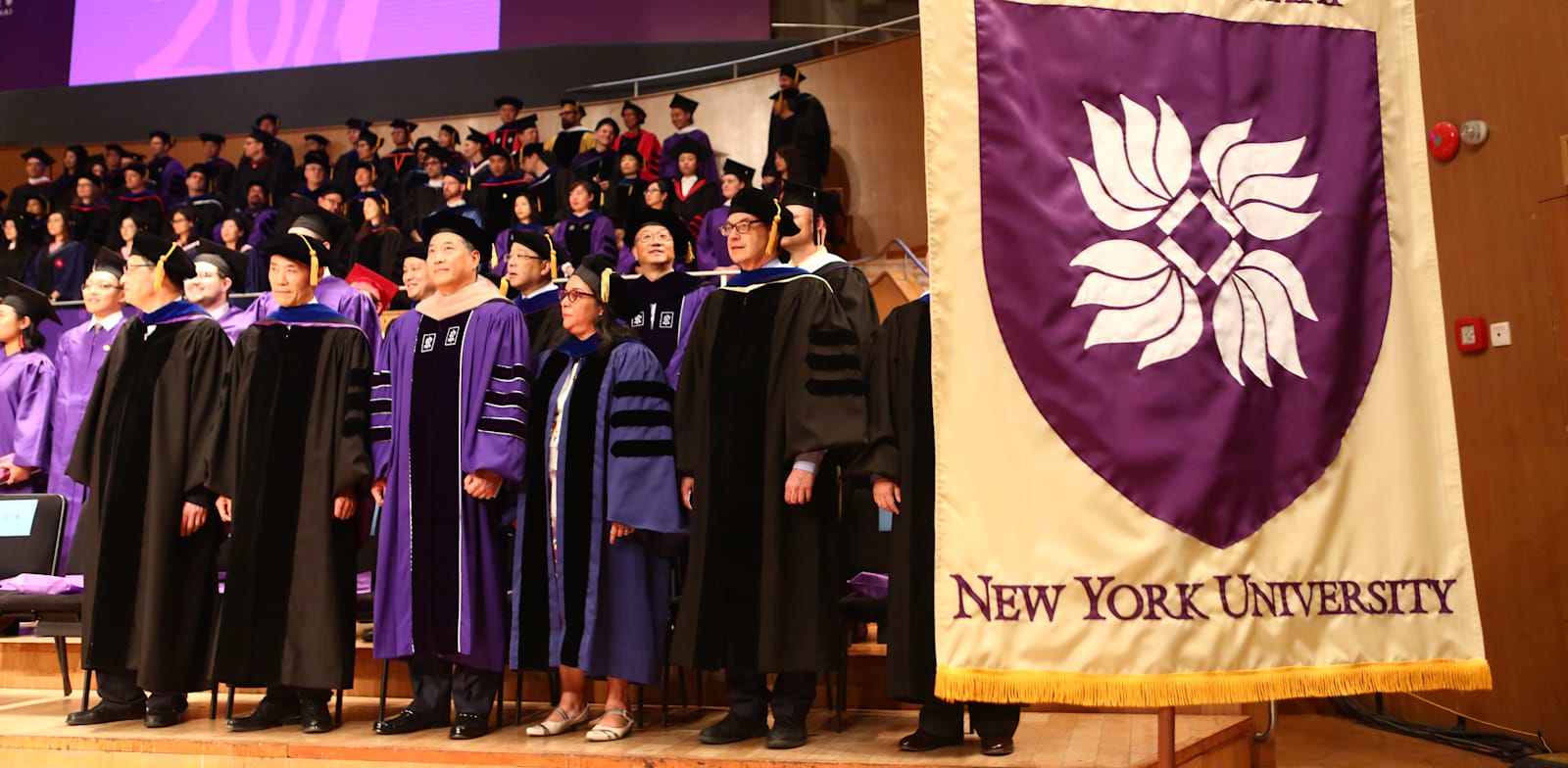
American universities have long been known to engage in contracts worldwide to sell their research and training expertise. These contracts are highly profitable, with some of the most lucrative deals being with Chinese companies. Despite increasing tensions between the US and China, this trade continues to flourish, particularly in industries such as medicine, agriculture, and manufacturing.
However, this thriving trade raises concerns about the line between academic research collaboration and empowering a potential US rival. The question of which contracts should be legal, discloseable, or illegal is a topic of discussion among policymakers and education department officials. Some critics argue that Chinese contracts with US universities give Chinese companies an unfair advantage that they cannot obtain elsewhere.
The issue becomes more complex when dealing with companies like WuXi AppTec, which has contracts with US universities for research and development activities. Officials in Washington fear that these collaborations could lead to the misuse of technology by Beijing for military purposes. There are calls for stricter oversight and regulations on Chinese contracts with US schools to protect national security interests.
Despite the financial benefits that Chinese contracts bring to US universities, there are ethical considerations regarding the transfer of technology and knowledge to potentially adversarial entities. The US-China Economic and Security Review Commission is advocating for legislation to subject Chinese contracts with universities to national security reviews to prevent technology leaks and intellectual property theft.
In conclusion, while Chinese contracts with US universities provide financial support and opportunities for research collaboration, there are valid concerns about the potential risks and implications of such partnerships. Striking a balance between academic research collaboration and national security interests remains a key challenge for policymakers, universities, and stakeholders in the US.



